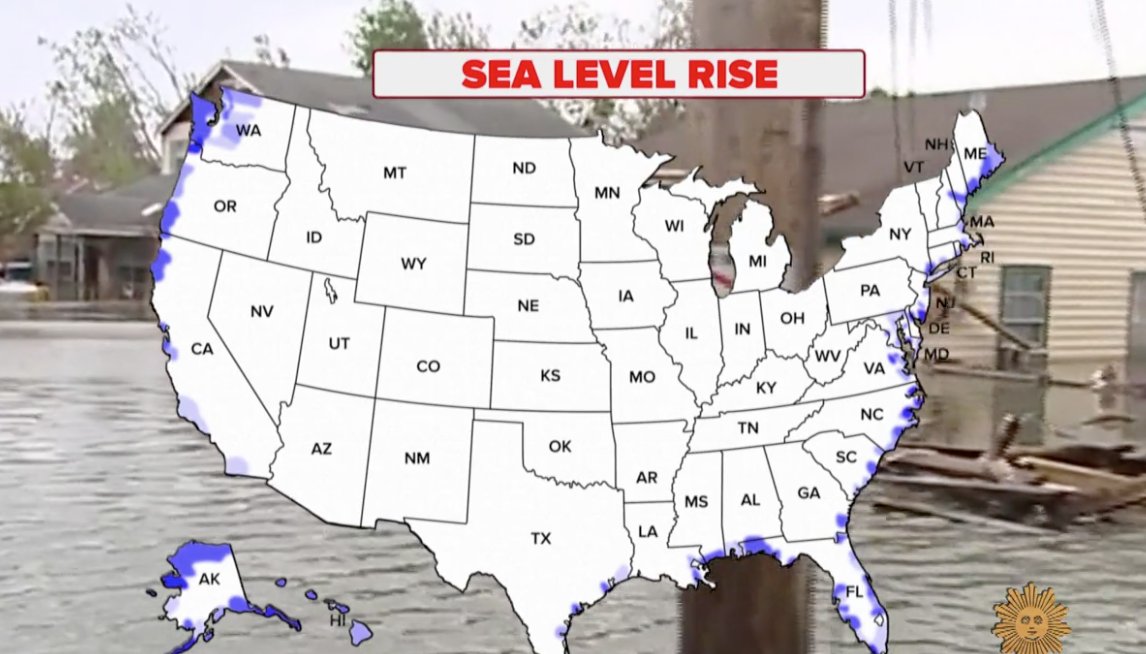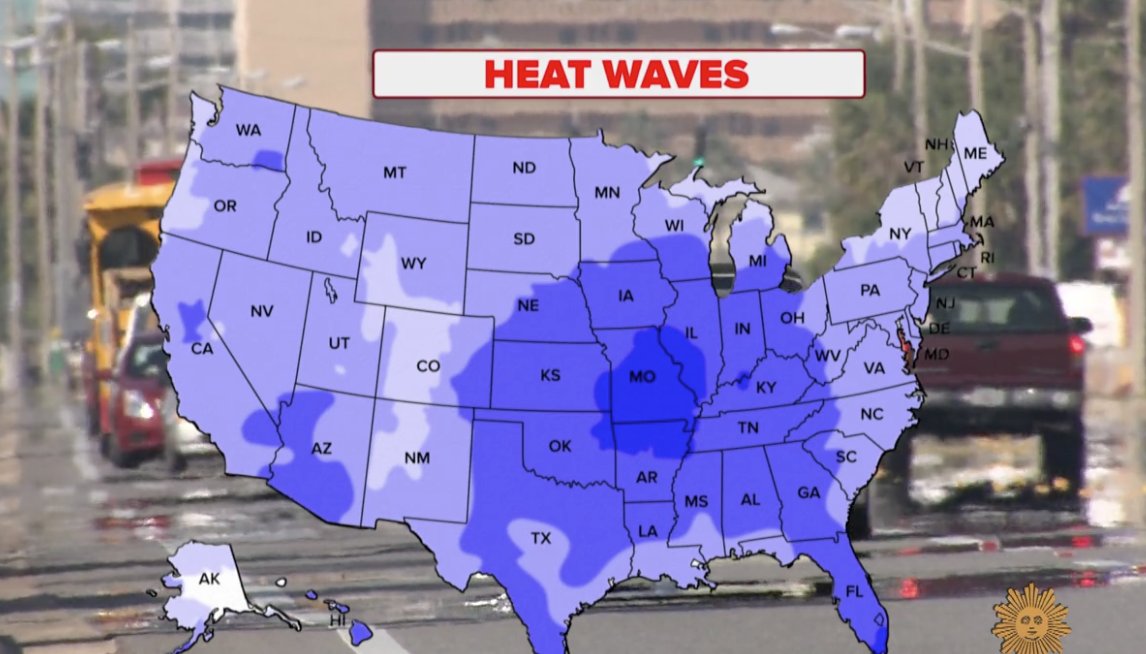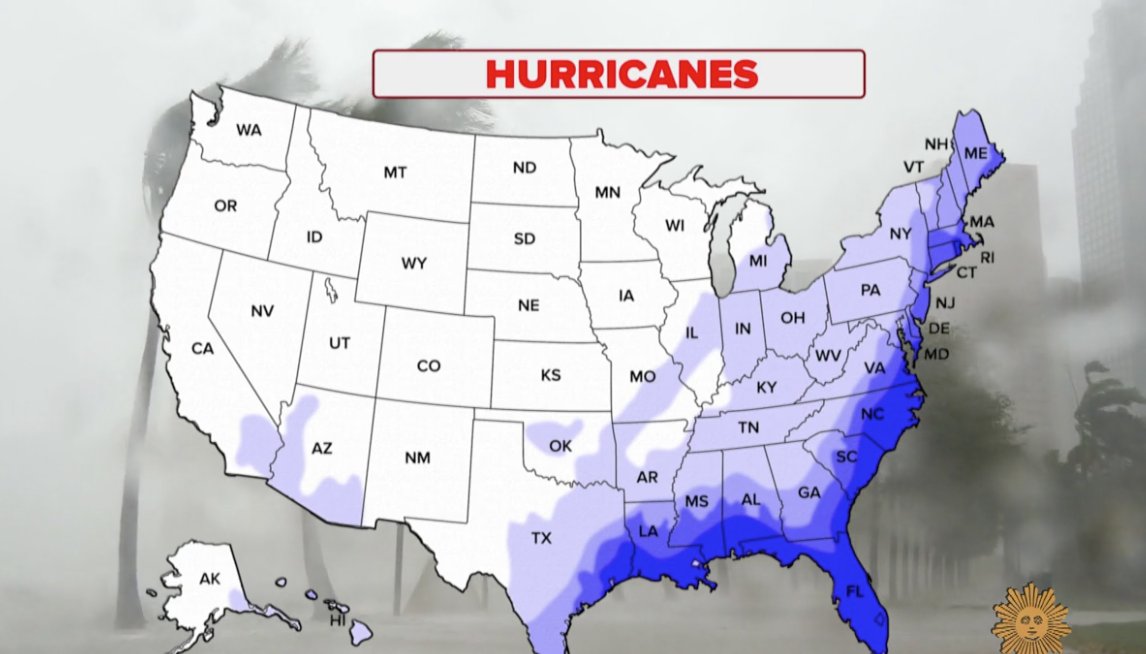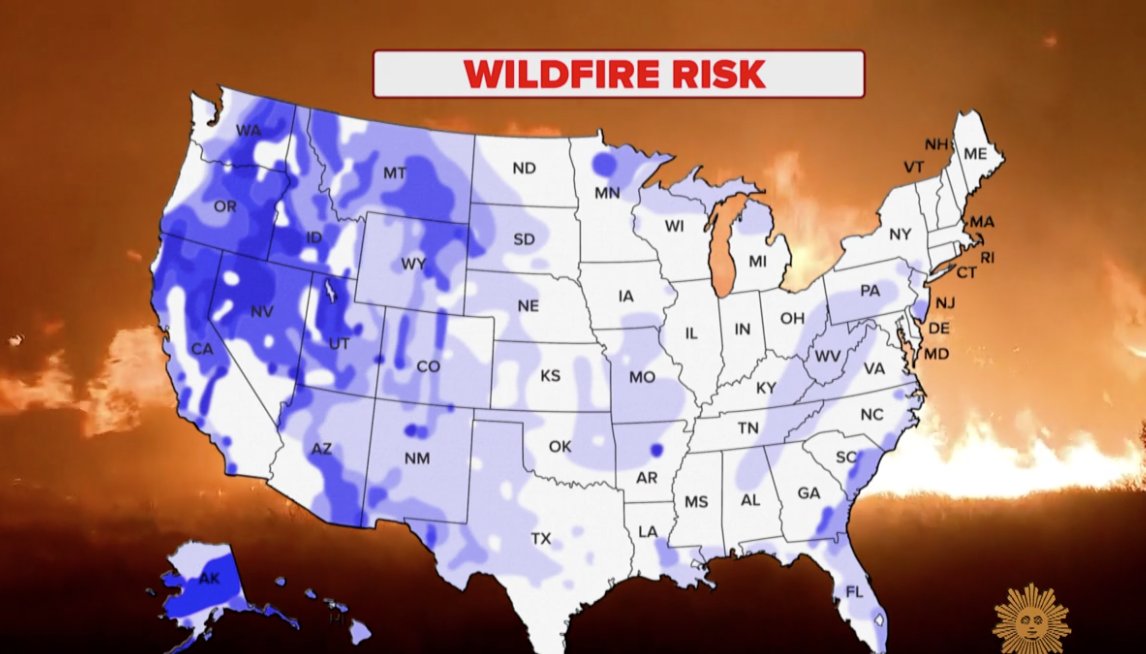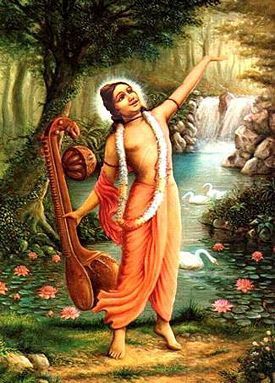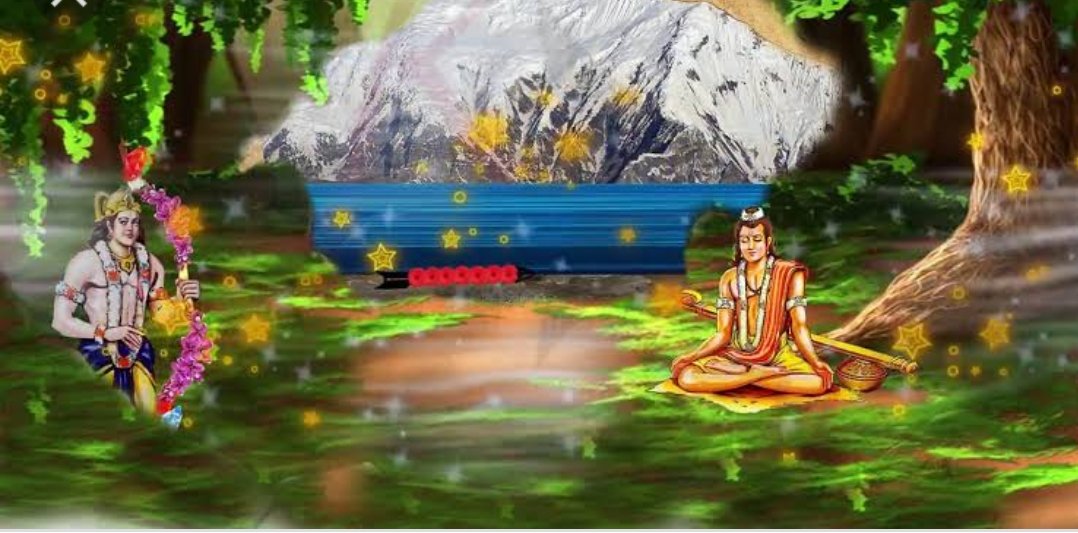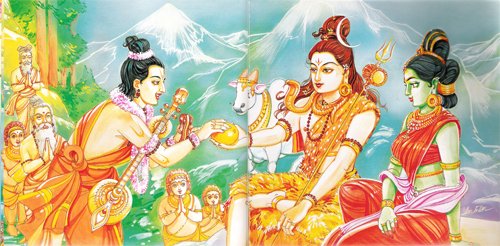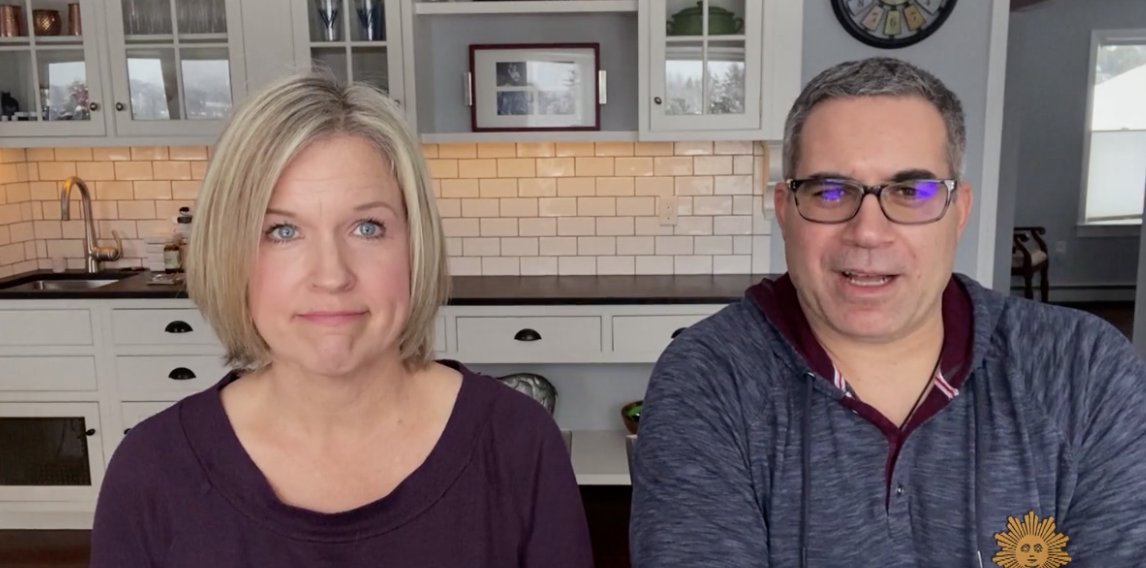
The whiteness of this piece on "climate refugees" (corrected link) is deep.

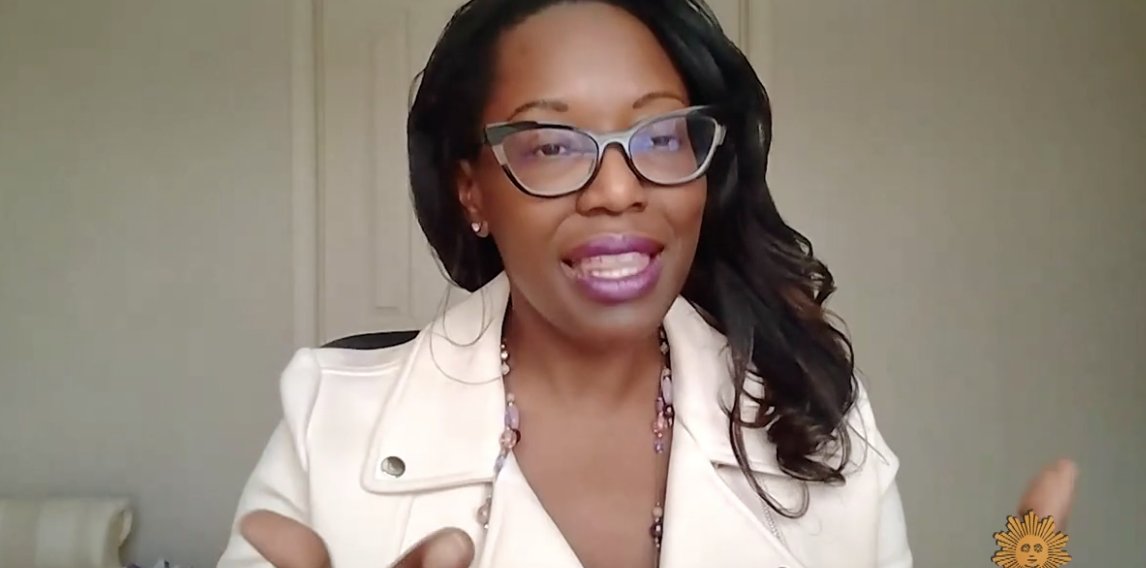
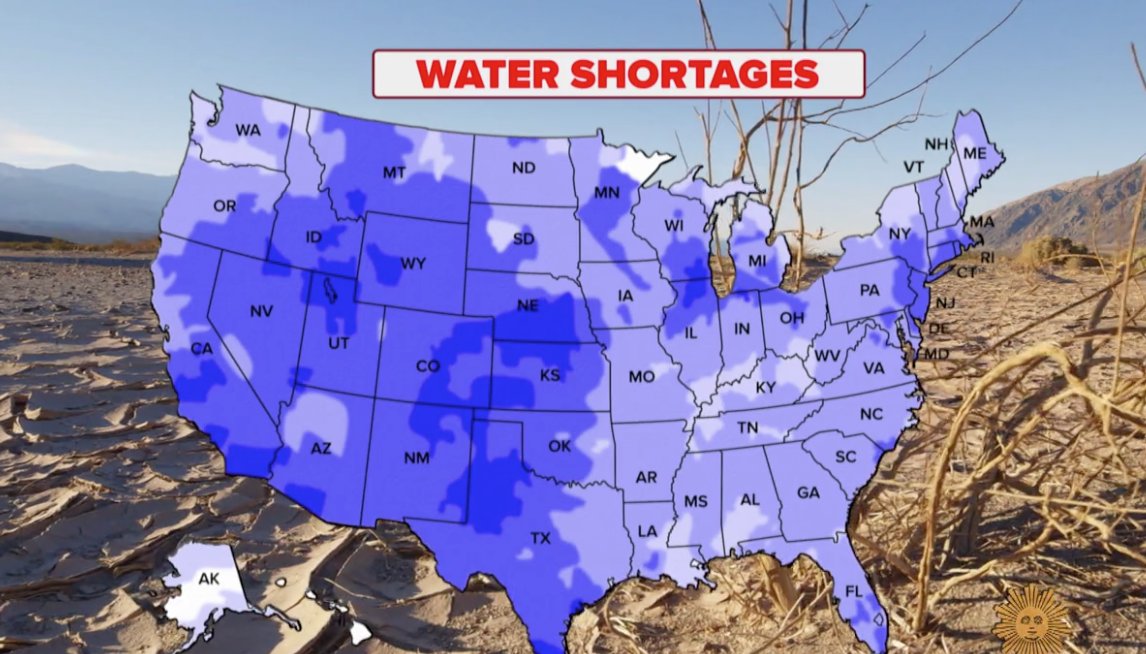
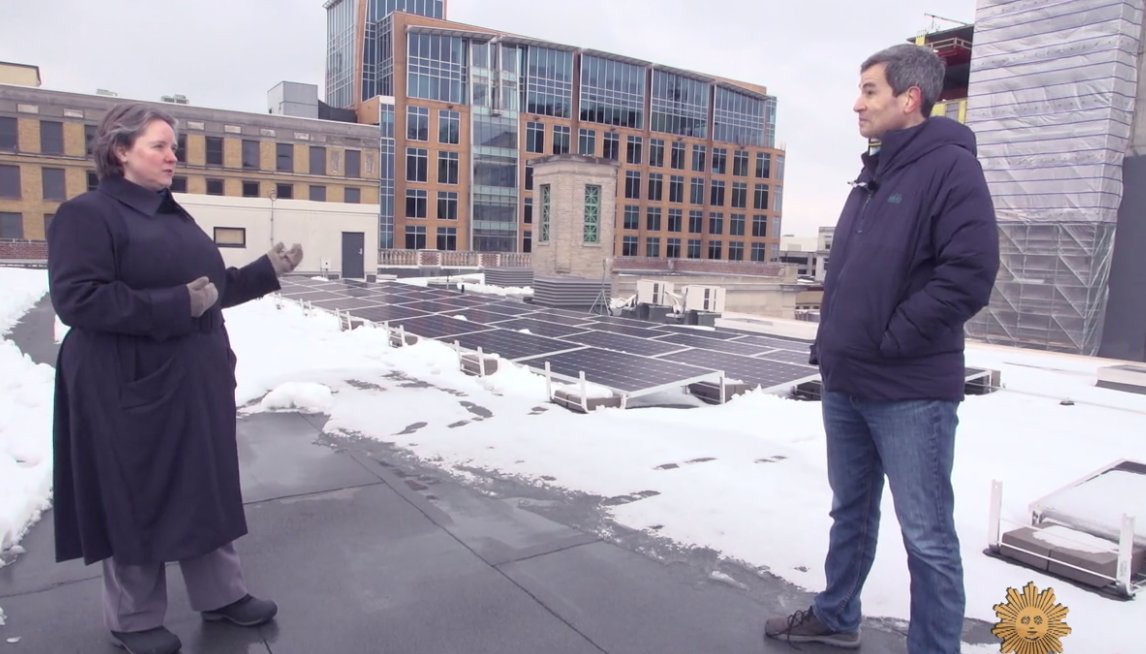
Is that also true for people of color? And the answer is almost always no, it's not."
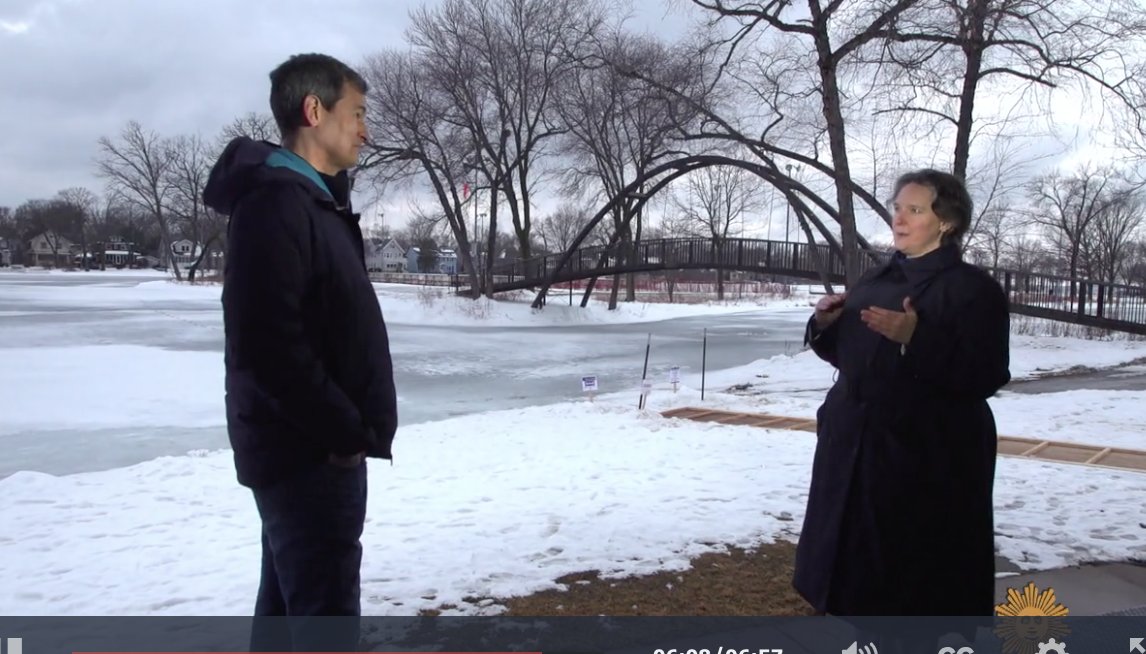
Reporter segue: no comment about race, "Madison isn't the only great 'climate haven' city."

"It's green, there are no forest fires." [mom]
"It's just a very healthy, functional place." [dad]
"The community embraced us immensely." [mom] //
Will they want to build a wall around it? A mote, perhaps?
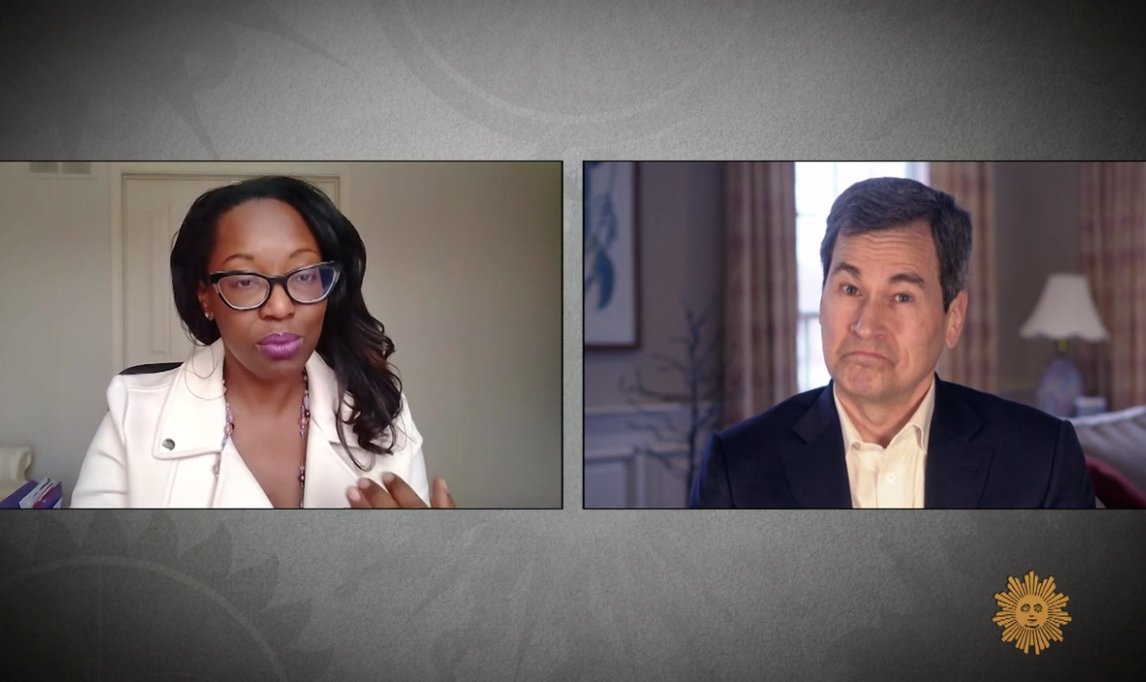
More from Climate change
It was a dark and stormy night...
(I’ve always wanted to tweet that) But seriously, there was a tropical storm when a group of people gathered in the woods.
If they were white, we’d call them “founding fathers” but they were slaves who were about to change the world
A thread
Voudou priestess Cecile Fatiman danced with a knife. Then she split a pig and everyone drank the pig’s blood from a wooden bowl while enslaved priest Cutty Boukman prayed:
“The god who created the earth; who created the sun that gives us light. The god who holds up the ocean;
who makes the thunder roar. Our god who has ears to hear. You who are hidden in the clouds, who watch us from where you are. You see all that the white has made us suffer. The white man’s god asks him to commit crimes. But the god within us wants to do good...
It’s He who will direct our arms and bring us the victory. It’s He who will assist us. We all should throw away the image of the white men’s god who is so pitiless. Listen to the voice for liberty that speaks in all our hearts.”
Then , the meeting adjourned & everyone went home.
A week later, on Aug. 21 1791, it began.
In one week, 1800 plantations on the Island of St. Domingue would be burned to the ground and 1,000 white enslavers would be dead.
The shit had finally hit the fan.
(I’ve always wanted to tweet that) But seriously, there was a tropical storm when a group of people gathered in the woods.
If they were white, we’d call them “founding fathers” but they were slaves who were about to change the world
A thread
Holup. I ain't learned about this in school. What was this??
— Drunk Tweets, Inc - Mask it or Casket (@DrunkTweetsInc) January 1, 2021
Voudou priestess Cecile Fatiman danced with a knife. Then she split a pig and everyone drank the pig’s blood from a wooden bowl while enslaved priest Cutty Boukman prayed:
“The god who created the earth; who created the sun that gives us light. The god who holds up the ocean;
who makes the thunder roar. Our god who has ears to hear. You who are hidden in the clouds, who watch us from where you are. You see all that the white has made us suffer. The white man’s god asks him to commit crimes. But the god within us wants to do good...
It’s He who will direct our arms and bring us the victory. It’s He who will assist us. We all should throw away the image of the white men’s god who is so pitiless. Listen to the voice for liberty that speaks in all our hearts.”
Then , the meeting adjourned & everyone went home.
A week later, on Aug. 21 1791, it began.
In one week, 1800 plantations on the Island of St. Domingue would be burned to the ground and 1,000 white enslavers would be dead.
The shit had finally hit the fan.
I previously 👇 documented 20 mechanisms through which climate change is 𝘢𝘭𝘳𝘦𝘢𝘥𝘺 disrupting food production.
Below I am adding to the list including several newly documented mechanisms.
*thread*
Several primary impacts relate to altered soil & plant chemistry & biology:
1. Disruption of the phosphorous cycle - the second most vital element for plants after nitrogen
2. Decreased content of key nutrients in major
3. Reduced chill hours required for many plants to bloom normally in the
Other additional primary impacts include:
4. Fossil fuel pollution impacts on crops - this is not a result of climate change per se, but is included since it is due to the same root cause (fossil fuel use):
Below I am adding to the list including several newly documented mechanisms.
*thread*
1. Heat stress reducing crop yields https://t.co/7SNN00rNox\xa0
— Jim Baird (@JimBair62221006) February 14, 2020
2. Heat stress on farmers (sometimes fatal) https://t.co/jYKjwATe5S, https://t.co/wtcp0kT8Wk\xa0
3. Heat stress on livestock (often fatal) https://t.co/MxogLlksC2, https://t.co/RiJ0A7ezld, https://t.co/rGX2UTTUJM
Several primary impacts relate to altered soil & plant chemistry & biology:
1. Disruption of the phosphorous cycle - the second most vital element for plants after nitrogen
2. Decreased content of key nutrients in major
3. Reduced chill hours required for many plants to bloom normally in the
Other additional primary impacts include:
4. Fossil fuel pollution impacts on crops - this is not a result of climate change per se, but is included since it is due to the same root cause (fossil fuel use):
'future warming and unmitigated ozone pollution in the US, could cause a decline\xa0of 13% in wheat crops, 28% in soybean yield, and 43% in maize by 2050'
— Jim Baird (@JimBair62221006) September 19, 2020
& in India, ozone is 'killing crops that could feed 94 million'#ClimateCrisis #AirPollutionhttps://t.co/T3iTCj5C0X

